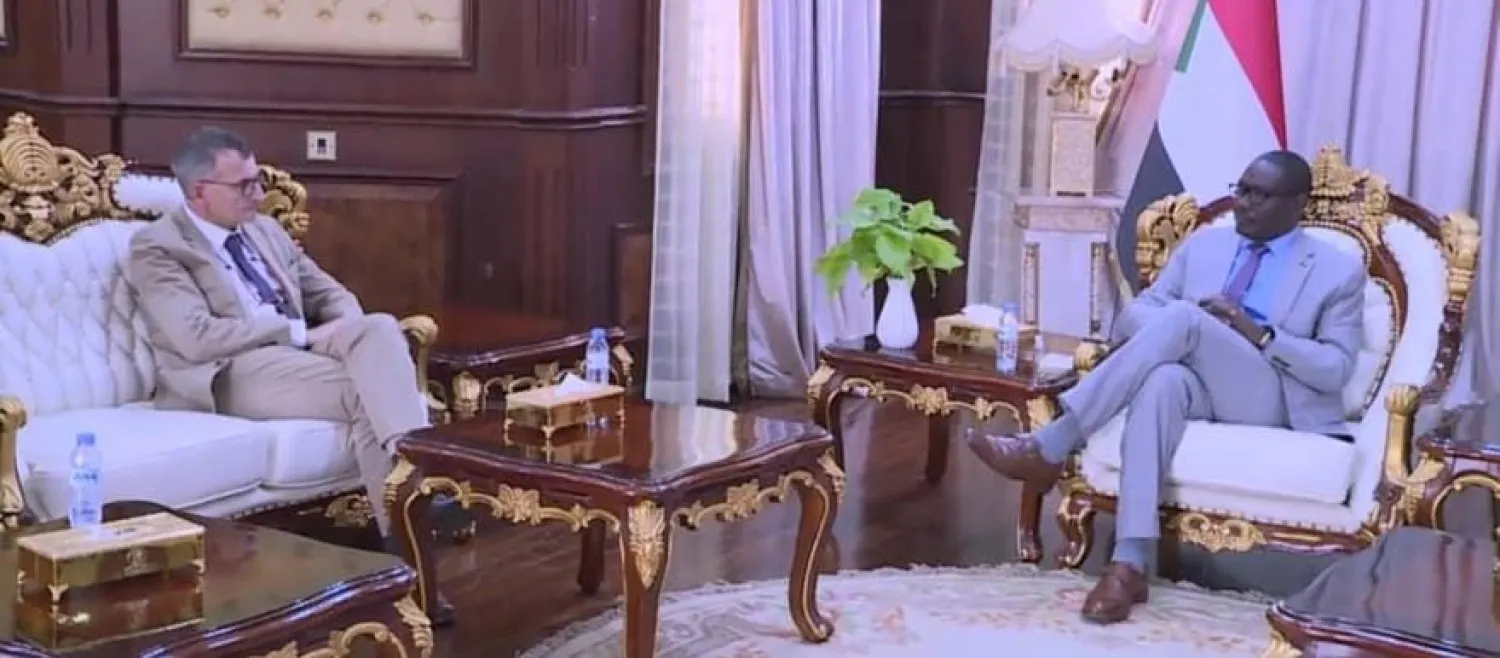Sudan's Deputy Chairman of the Transitional Sovereign Council Mohamed Hamdan Dagalo, said that the coup attempt was orchestrated by one person, without revealing his name.
Addressing officers and soldiers of the Rapid Support Forces in Karari, Dagalo indicated that the coup attempt had been well prepared secretly for months, noting that unnamed parties were involved to create sedition in the country.
Dagalo, also known as Hemeti, saluted the officers and soldiers of the armed forces who confronted the coup.
Hemeti stressed that there is no disagreement with the civilian component of the transitional government, but "we seek to correct the transitional path with the participation of all people, which is rejected by the parties that control the government in the country."
He pledged to bring the country to democratic rule through free and fair elections, following specific programs and procedures.
Various regular forces are committed to implementing the Juba Peace Agreement (JPA) and the provision of security arrangements, said Hemeti, noting that financial problems prevent the completion of the matter.
"We want peace to be achieved," he added, calling on the movements that did not sign the agreement to reach a national accord that would prevent war.
Hemeti called for granting immunity to the regular forces to protect the borders and national security, addressing the chaos in the country, and enacting laws to organize protests and demonstrations and protect police personnel.
Meanwhile, Chairman of Sudan's Sovereign Council Abdel Fattah al-Burhan met the head of the United Nations Integrated Transitional Assistance Mission in Sudan (UNITAMS) Volker Perthes at the presidential palace in Khartoum on Tuesday.
Perthes described the meeting as "positive and constructive," saying it touched upon many outstanding issues, as well as developments in the current situation after the failure of the coup attempt.
"Progress on the transitional track necessitates cooperation and dialogue among all parties and components, including the military and civilian components and the armed struggle movements, to achieve the tasks of the transitional period in the country," Perthes was quoted as saying in the statement.
The UN official further commended the significant progress achieved in Sudan during the past two years.
He pointed to the tangible progress on the transitional track towards democracy, peace, stability, and justice, expressing hope that this consensus, which led to this progress, would not be lost.









